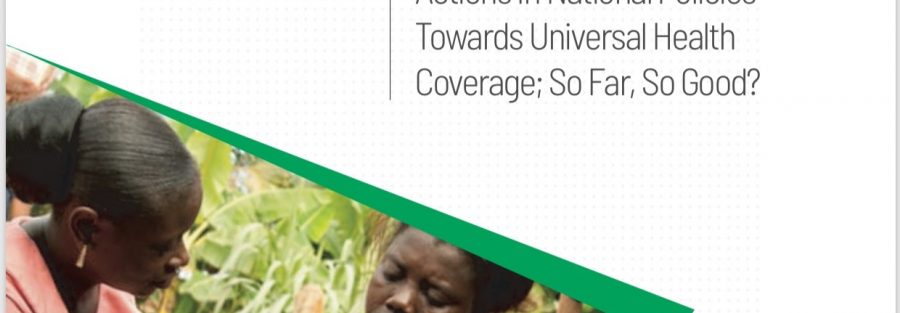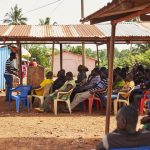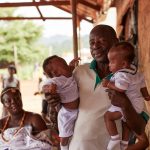Using social media as a tool for advocacy, ARHR and its partners across the country stormed twitter with key messages to demand the implementation of gender equality and social inclusion actions in national health policies towards achieving universal health coverage.
The twitter storm which lasted for a period of one hour, saw over 30 CSO partners tweeting and tagging policy makers and the government on the issues of marginalized and socially excluded groups using the hashtags ‘GESIForUHC’, ‘GESIMatters’ and ‘HealthForAll’. The intensity of the activity on twitter got these hashtags trending at number 3 at a point in time.
Isaac Nyampong, a Project Officer for ARHR, informed that the social media campaign was part of activities outlined in ARHR’s Star Ghana funded project with the title “Integrating Gender Equality and Social Inclusion in National Health Policies, Programmes and Commitments”. He mentioned that the aim of the project is to ensure a systematic integration of gender equality and social inclusion actions into national health policies, programmes and commitments related to universal health coverage (UHC) in Ghana.
Prior to the twitter storm, ARHR organized a workshop for its partners on how to use social media as a tool for advocacy. Participants were trained on what social media is, its reach and impact; how to develop key messages for advocacy and how to use success stories and imagery for advocacy.
A participatory monitoring of some health facilities at the district levels was conducted by ARHR using a GESI framework to track the progress of integration, implementation and impact of GESI actions in UHC. The monitoring focused on citizens’ experiences of health care services particularly CHPS and the NHIS.
Central to the monitoring was a focus on healthcare for marginalized and socially excluded groups. These marginalized groups include Persons with Disability (PWDs), the Aged, Pregnant women and nursing mothers and adolescents. The monitoring ascertained the extent to which these marginalized groups are receiving the quality primary healthcare that is their due as citizens of Ghana.
The results of the participatory monitoring have been disseminated to some key state and non-state actors and key messages from the results were developed for the social media advocacy.



